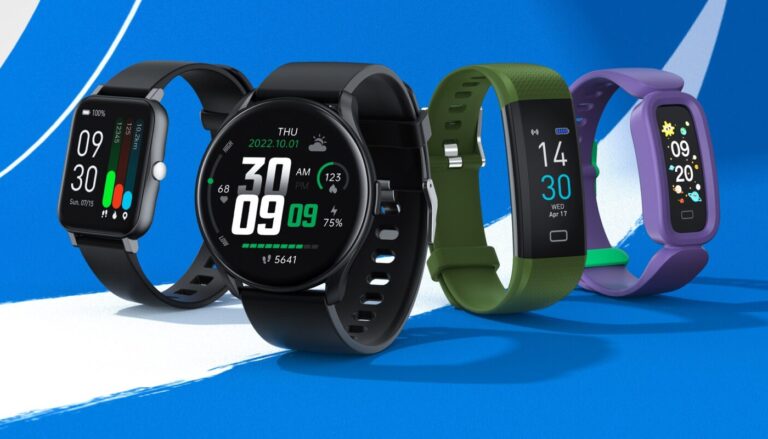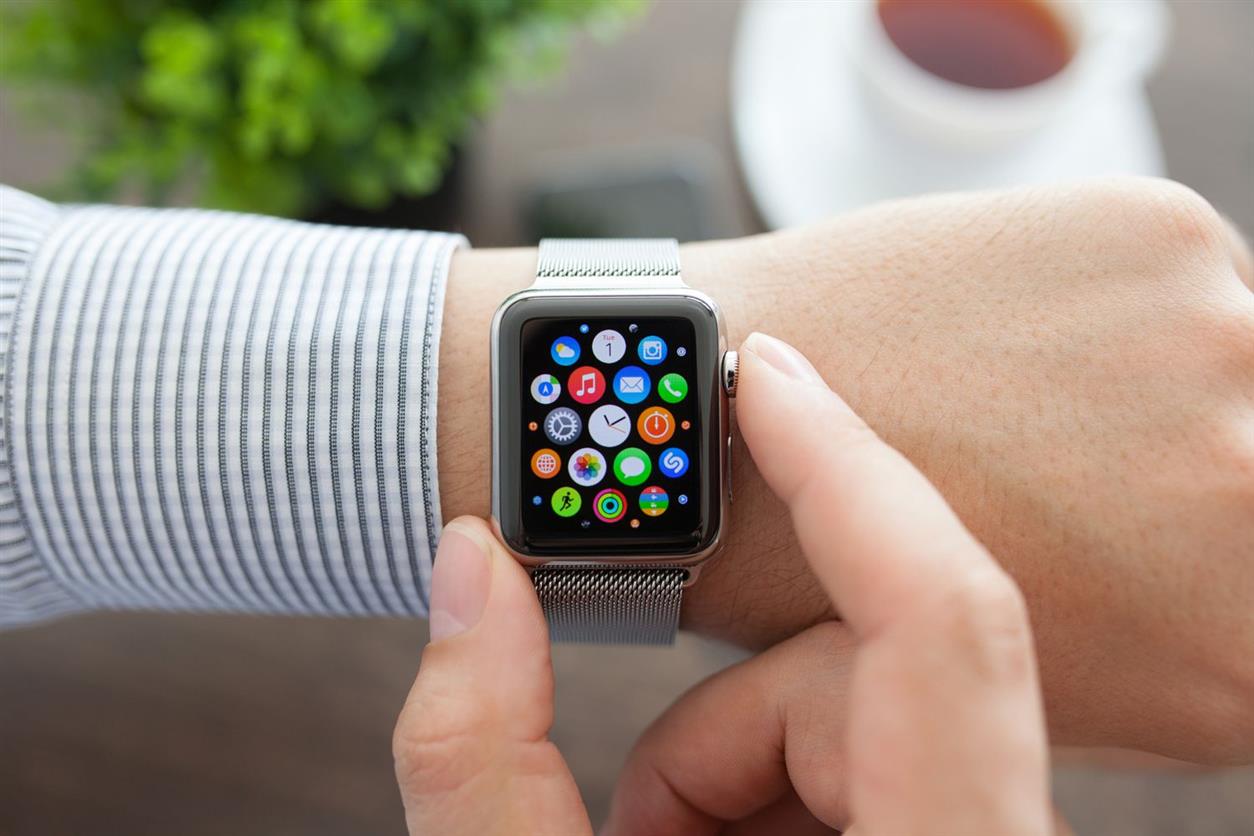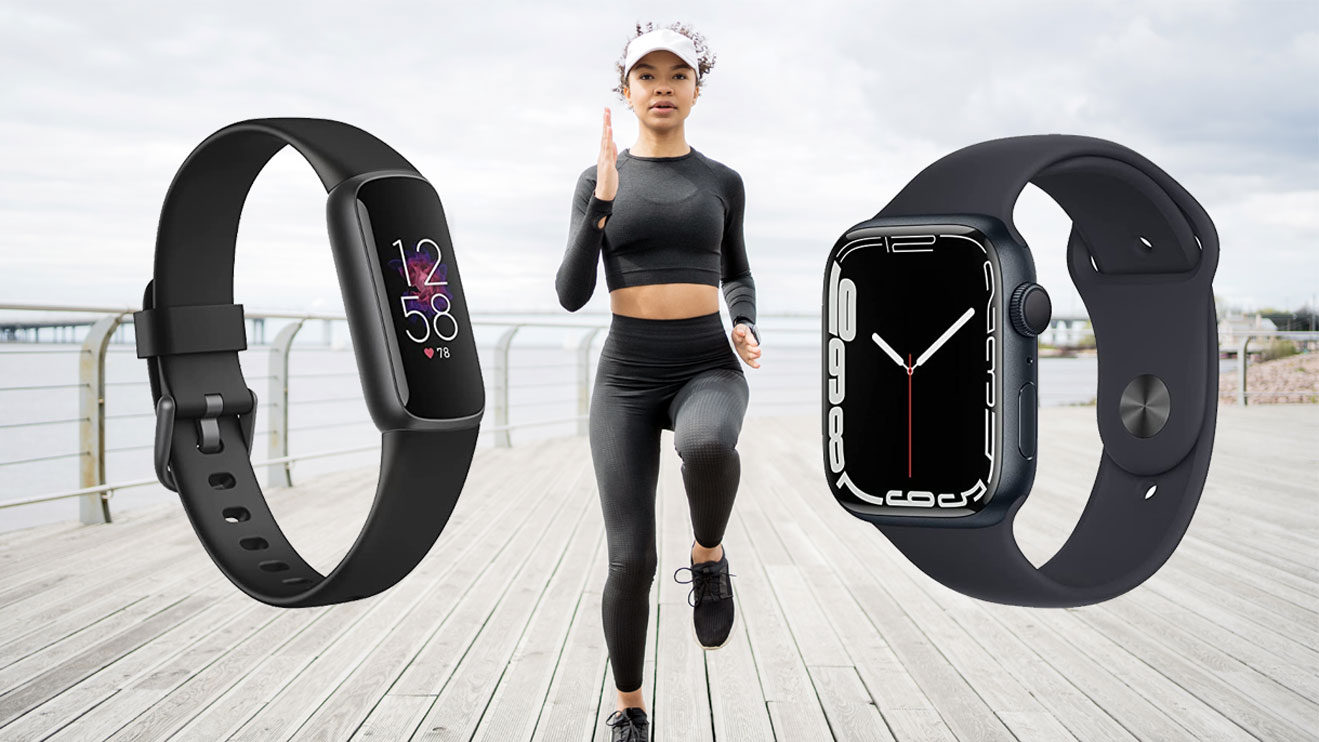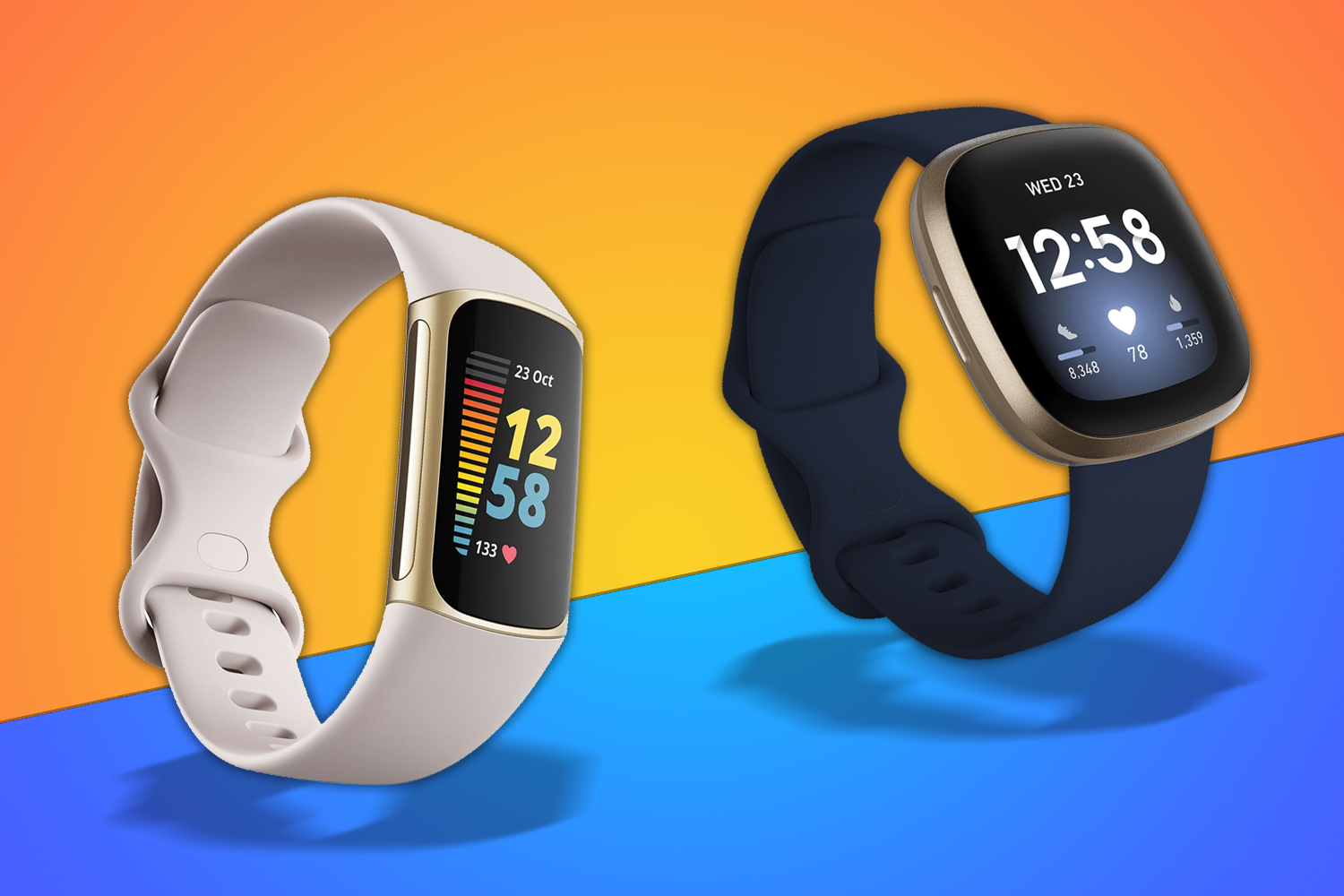In the age of technology, our wrists have become prime real estate for gadgets that help us track our fitness goals and stay connected. Fitness trackers and smartwatches are two popular choices, each with its own set of features and advantages. But how do you decide which one is the right fit for your lifestyle and needs? Let’s delve into the world of fitness trackers and smartwatches to help you make an informed decision.
Understanding the Difference

Before we jump into the comparison, it’s crucial to understand the fundamental differences between fitness trackers and smartwatches.
Fitness Trackers: Your Health Buddy
Fitness trackers are primarily designed to monitor physical activities, track health-related data, and encourage a more active lifestyle. They excel in providing accurate data regarding steps taken, heart rate, sleep patterns, and more.
Smartwatches: Your All-in-One Device
Smartwatches, on the other hand, offer a broader range of features. They include fitness tracking capabilities but go beyond, acting as an extension of your smartphone. Smartwatches can receive notifications, make calls, reply to messages, and even support various apps, turning your wrist into a mini-computer.
Pros and Cons
Let’s break down the advantages and disadvantages of both fitness trackers and smartwatches to help you determine which one aligns better with your preferences.
Fitness Trackers

Pros:
- Focused Health Monitoring: Fitness trackers are excellent at providing detailed health insights, such as heart rate, sleep quality, and activity levels, allowing you to monitor your progress and make necessary adjustments.
- Long Battery Life: Compared to smartwatches, fitness trackers usually have longer battery life, often lasting several days or even weeks on a single charge.
- Sleek and Lightweight Design: Fitness trackers are typically lightweight and more discreet, making them comfortable for all-day wear without feeling bulky on your wrist.
- Cost-Effective: Fitness trackers are generally more affordable than smartwatches, making them an attractive option for those on a budget.
- Specialized Features: Some fitness trackers offer specialized features like waterproofing for swimming tracking or specific sport modes for tailored tracking during workouts.
Cons:
- Limited Functionality: Fitness trackers focus primarily on health monitoring and may lack the comprehensive features and versatility offered by smartwatches.
- Limited Display and Interaction: The display on fitness trackers is usually smaller and may have limited interactivity compared to the touchscreens found on smartwatches.
Smartwatches

Pros:
- Comprehensive Functionality: Smartwatches offer a wide range of features, from fitness tracking to smartphone notifications, making them a versatile device for everyday use.
- Interactive Touchscreen: Smartwatches come with larger, interactive touchscreens that allow for easier navigation and usage of apps and features.
- App Ecosystem: You can extend the functionality of a smartwatch by installing various apps, catering to different needs such as productivity, health, finance, and entertainment.
- Customization: Smartwatches often offer customization options in terms of watch faces, bands, and overall style, allowing you to personalize your device to match your preferences.
- Call and Message Handling: Smartwatches enable you to answer calls, reply to messages, and receive notifications directly from your wrist, enhancing convenience and accessibility.
Cons:
- Limited Battery Life: Smartwatches typically have a shorter battery life compared to fitness trackers, often requiring daily charging.
- Bulkier Design: Due to their larger screens and additional functionalities, smartwatches tend to be bulkier and heavier compared to fitness trackers.
Additional Considerations
Before you make your final decision, let’s explore two more crucial factors that may influence your choice between a fitness tracker and a smartwatch.
Integration with Your Ecosystem

Fitness Trackers:
Fitness trackers often integrate seamlessly with specialized fitness apps, making them an excellent choice for fitness enthusiasts who rely on specific platforms to track their progress and set goals.
They may lack seamless integration with broader smartphone ecosystems and might not provide the same level of interaction with other non-fitness-related apps.
Smartwatches:
Smartwatches tend to offer better integration with your smartphone and its ecosystem, enabling a more holistic experience by syncing with various apps and services you already use.
They are ideal for individuals who want a single device to manage both fitness-related activities and day-to-day interactions with other apps and services.
Budget Considerations
![]()
Fitness Trackers:
Fitness trackers are generally more budget-friendly, making them a great option for those looking for health monitoring features without breaking the bank.
You can find a variety of fitness trackers at different price points to suit your budget, from basic models to more advanced ones with additional features.
Smartwatches:
Smartwatches can be a significant financial investment, especially if you opt for high-end models with advanced features and materials.
While they offer a broader range of capabilities, consider your budget and how much you’re willing to spend on a smartwatch that meets your needs and preferences.
Making the Right Choice

In the realm of wearables, the choice between a fitness tracker and a smartwatch hinges on your personal preferences, lifestyle, and priorities. If you value detailed health monitoring, long-lasting battery life, and a discreet design, a fitness tracker is likely the right choice for you. On the other hand, if you seek a comprehensive device that seamlessly integrates with your smartphone, offers a wide range of features, and enables personalization, a smartwatch could be your ideal companion.
Consider how each device aligns with your daily activities, health goals, need for integration within your tech ecosystem, and budget constraints. Whichever you choose, both fitness trackers and smartwatches can enhance your journey towards a healthier and more tech-savvy lifestyle. The key is finding the wearable that best suits your needs, empowering you to reach your fitness goals and stay connected effortlessly. Happy tracking and staying fit!
